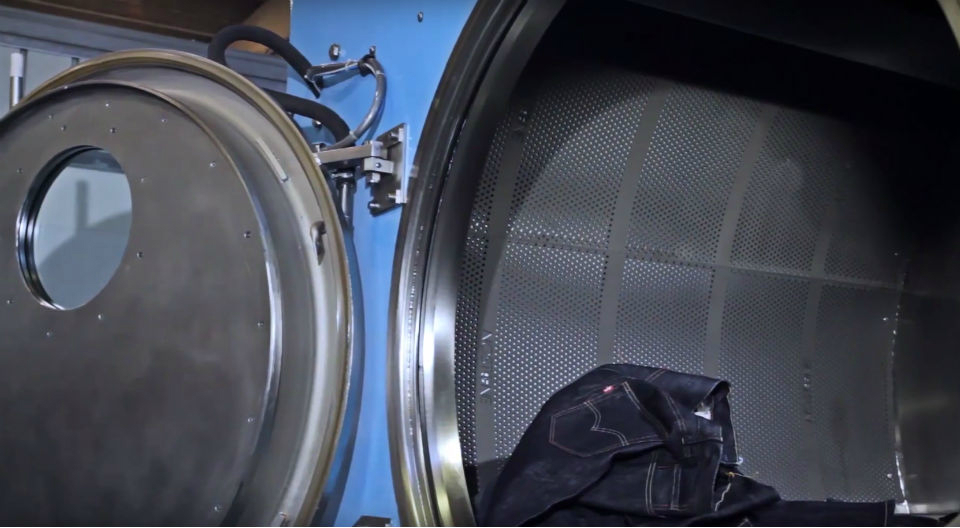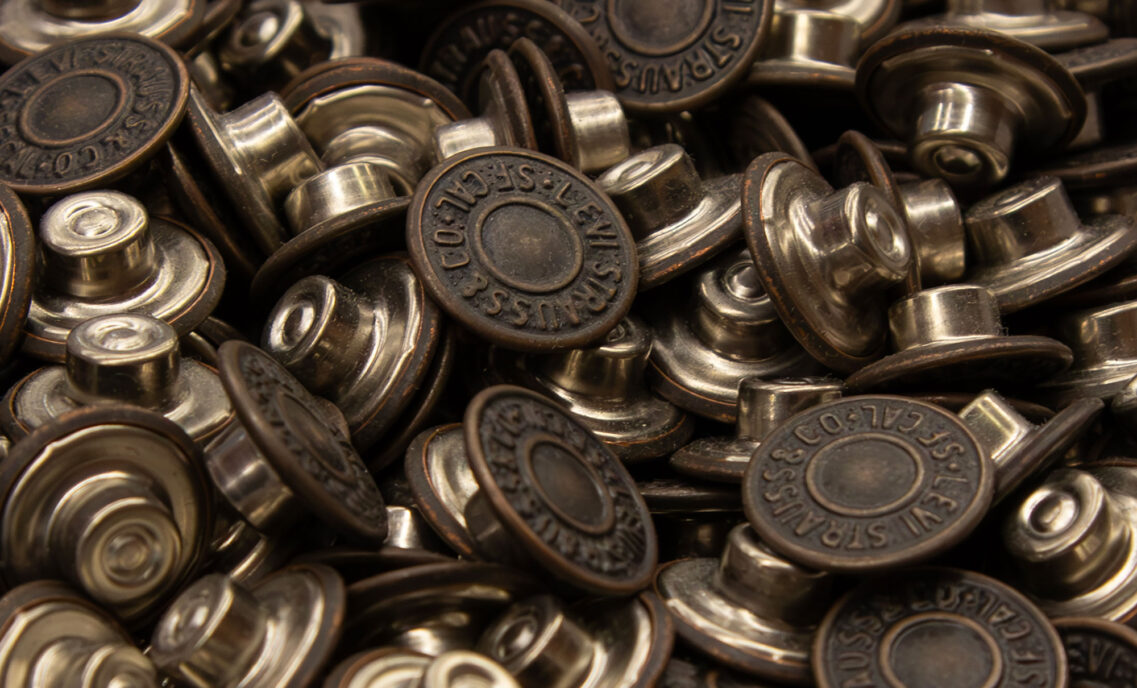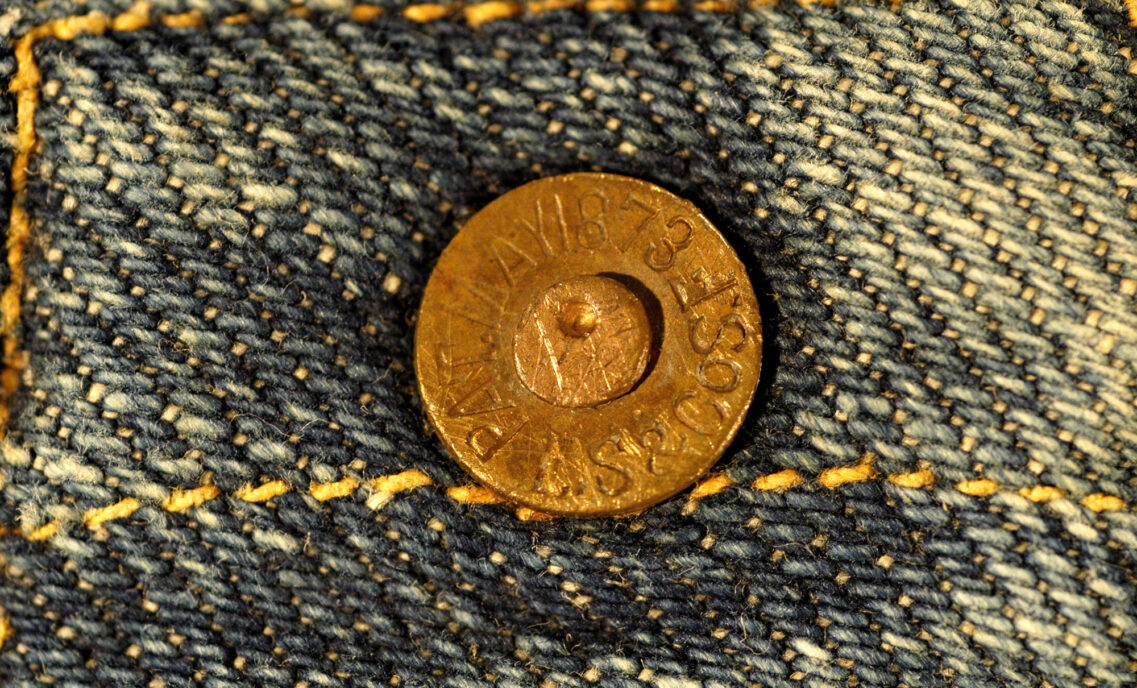Throughout history, collaborations have been responsible for pioneering new industries, launching new business models and changing the status quo. When like-minded people come together to solve a problem, the result can often create an outsized impact.
One recent example is NoStone®, a new finishing technique developed by Tonello in collaboration with Levi Strauss & Co., which yesterday received the 2015 ITMA Sustainable Innovation Award for Industry Excellence from the European Committee of Textile Machinery Manufacturers (CEMATEX).
Watch this video to see the NoStone technique in action:
Together with Tonello, a global specialist in garment finishing technologies, we worked to create a stonewash system that eliminates the use of pumice stone, while reducing water usage, production costs and carbon footprint.
“We challenged our team with the dream of a viable, mechanical alternative to pumice stones,” said Bart Sights, senior director of technical innovation at LS&Co. “Tonello created multiple rounds of machine prototypes, which were tested in our production environment. The results have been very positive and we anticipate a scalable, cost-effective and sustainable process in the very near future. This will be a win for our two companies, but also the industry as a whole. And perhaps, most importantly, the environment.”
The NoStone process was designed to overcome the economic, mechanical and environmental limitations of the existing stonewash process by replacing the pumice stone with a stainless-steel abrasive drum that can be fastened to Tonello washing machines. Through flexible abrasion adjustments, the drum can create many different finishes that have the same effect as stonewashing.
Because the process is mechanical, rather than chemical, the NoStone effect reduces the carbon footprint created by using pumice stones.
“The NoStone innovation is a good and exciting example of how two iconic companies can collaborate in a way that brings sustainable technology to the industry,” Bart said.
The NoStone process maintains the same load capacity, which will make it easy to adopt throughout denim manufacturing facilities. And, the lining can be easily removed, for normal washing and dyeing processes.
Like this story?
Sign up for the Unzipped newsletter to get the best of the Unzipped blog — company news and views, employee profiles, innovation and sustainability stories, behind-the-scenes and Archives highlights — sent straight to your inbox weekly.







